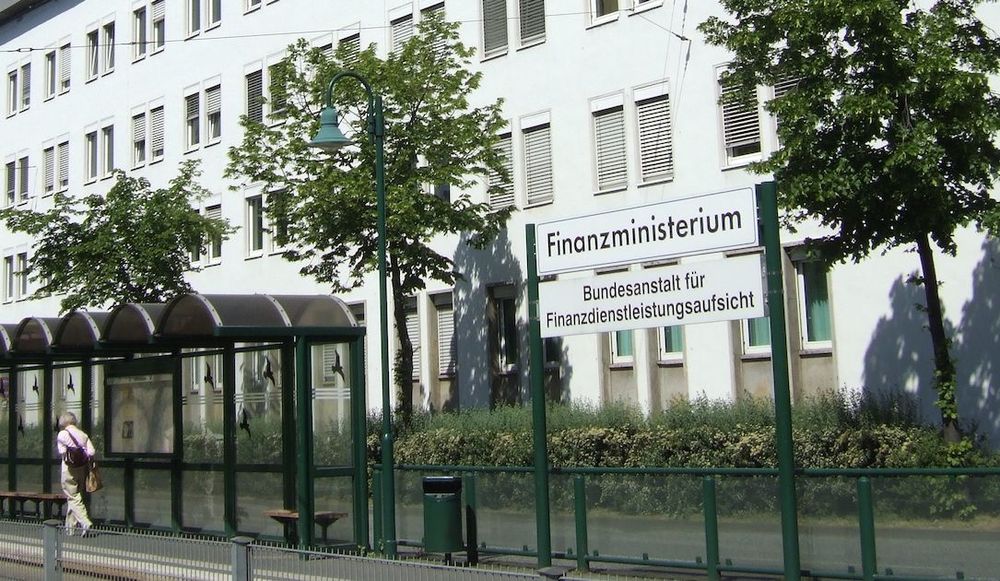German financial regulator's website hit by DDoS attack
The financial regulator that oversees and regulates German financial institutions and markets responded to a distributed denial-of-service (DDoS) attack over the weekend.
The website of Germany’s Federal Financial Supervisory Authority (BaFin) was only partially accessible over the weekend because the attack was still happening, according to a statement released on Monday. The website appeared to be working for European users on Tuesday. Connections attempted by Recorded Future News in the U.S. were denied.
DDoS attacks overwhelm a website with too much traffic, making it temporarily unavailable to users.
BaFin said that once it noticed the attack, administrators “immediately implemented all the right security measures and defenses” to protect operations from hackers and restore full access to the website.
It's still unclear which hacker group is behind the incident. BaFin has not yet responded to a request for comment from Recorded Future News.
BaFin’s role is to ensure the stability, integrity, and transparency of the financial system in Germany. It supervises about 2,700 banks, 800 financial services institutions, and over 700 insurance companies.
BaFin's website provides information for companies and consumers on topics like banking, loans, and property financing. It also offers a consumer helpline and a platform for whistleblowers to share information that helps uncover wrongdoing by individuals or companies in the financial sector.
Financial institutions in Europe have been facing increased pressure recently due to DDoS incidents claimed by pro-Russian hacker groups like NoName057(16), which have targeted the websites of banks and insurance companies in Poland, Czechia and Lithuania.
As of now, no pro-Russian hacker group known for targeting the banking sector has claimed responsibility for the BaFin attack.
Daryna Antoniuk
is a reporter for Recorded Future News based in Ukraine. She writes about cybersecurity startups, cyberattacks in Eastern Europe and the state of the cyberwar between Ukraine and Russia. She previously was a tech reporter for Forbes Ukraine. Her work has also been published at Sifted, The Kyiv Independent and The Kyiv Post.



